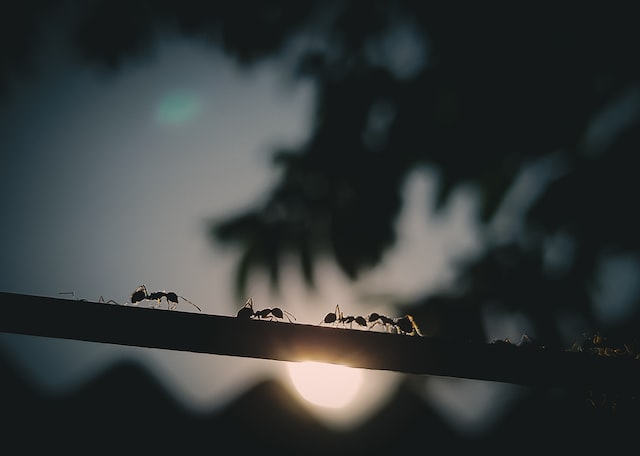Ant queens control insulin to boost lifespan, reproduction
Ant queens control insulin to boost lifespan, reproduction
Eric Hamilton
In most of the animal world, there’s a sad trade-off to make: The more babies you have, the shorter you live.
But ants buck the system. The queens — the only individuals in a nest that reproduce — also live five, 10, up to 30 times longer than their genetically identical worker sisters. How do they pull off what the rest of animalkind cannot?
A new study from University of Florida biologist Hua Yan and his colleagues at New York University finds that ant queens implement a dual-control system for insulin, the metabolism-controlling hormone that explains much of the trade-off between reproduction and lifespan. Queens massively boost their insulin production, which promotes egg development. But their ovaries also produce an insulin blocker that slows down the aging process.
“Hopefully this finding allows us to better understand the aging process in many animals,” said Yan, an assistant professor of biology at UF who also studies how ants communicate with pheromones to organize their society.
Whether mammals, including humans, could ever benefit from partially blocking the insulin pathway remains an open question. Calorie restriction, which decreases insulin production, can increase lifespan in mammals but hurts reproduction.
The research team published their work Sept. 1 in Science. Yan and NYU researchers Comzit Opachaloemphan and Francisco Carmona-Aldana led the study, which was supervised by NYU professors Claude Desplan and Danny Reinberg.
They studied Harpegnathos saltator ants, also known as Indian jumping ants, because of a helpful transformation the ants undergo. When a queen dies…read more


